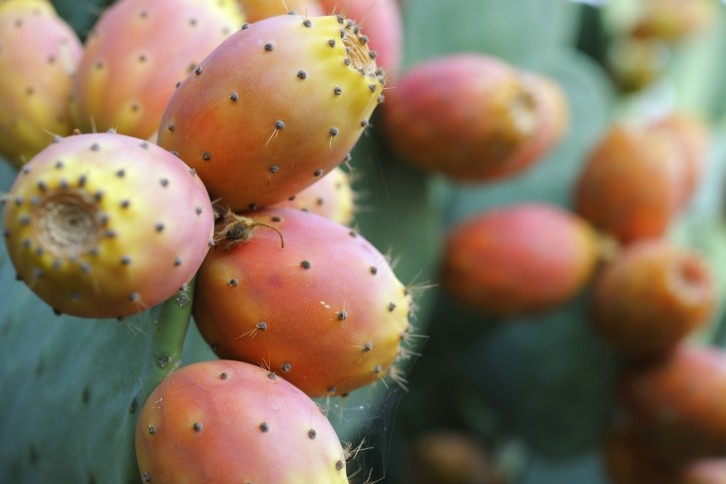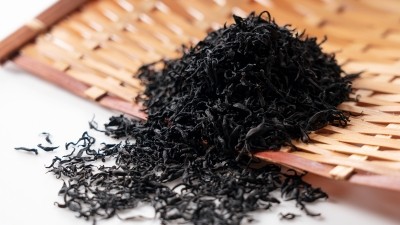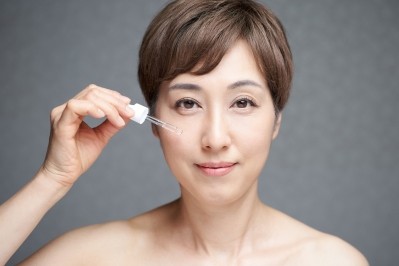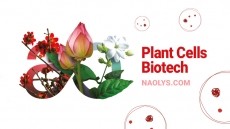Prickly potential: Antioxidant and antibacterial properties found in prickly pear extract – study

Also known as Opuntia dillenii (Cactaceae), it is traditionally used in food and medicine in Taiwan.
Its nutrient-rich properties have led researchers to compile evidence backing its use in various industries, including cosmetics.
Due to its high phenolic and flavonoid contents, its peel extract is shown to improve the antioxidant activity of cosmetic products. Another study found that its cladode extract makes cells resistant to ultraviolent (UV) light damage and inhibits melanin production.
A previous study found that prickly pear can also be used to synthesize gold and silver nanoparticles found in cosmetics. Nanoparticles serve the purpose of maintaining the stability and antibacterial properties of cosmetic formulations.
Notably, prickly pear extract can also to inhibit bacteria growth. According to the paper, a previous studyreported that O. dillenii contained phytochemicals such as alkaloids, betacyanins, saponins, tannins, flavonoids, and phlobatannins.
“In addition, O. dillenii extract alone with synthesized gold and silver nanoparticles exhibited a clear zone of inhibition toward bacteria, including E. coli, S. aureus, K. pneumonia, and P. aeruginosa, as well as fungal species, including T. viride, C. albicans, C. krusei, and A. niger.”
Different parts of the prickly pear plant have been shown to have different bioactive compounds that are beneficial to human health. Yet, most studies were centred on pharmacological applications.
The cladodes of O. dillenii, which possess anti-inflammatory properties by inhibiting arachidonic acid metabolites and cytokines and have potent hypotensive and antihyperglycemic effects.
Furthermore, the team found that O. dillenii seed oil had antidiabetogenic and antihyperlipidemic activities that are correlated with phenolic content and antioxidant activity.
Given its high and varied phytochemical content that promote human health, the researchers concluded that prickly pear was “a promising plant for the development of new products, owing to its wide application in various fields.”
The study was funded by Taiwan National Science and Technology.
Source: nutrients
“Recent Research on Different Parts and Extracts of Opuntia dillenii and Its Bioactive Components, Functional Properties, and Applications”
https://doi.org/10.3390/nu15132962
Authors: Lu, WC., et al.

![Dr Ci:Labo’s “breakthrough” retinol products have been underpinned by innovations in delivery system technology. [Dr Ci:Labo]](/var/wrbm_gb_food_pharma/storage/images/_aliases/wrbm_medium/publications/cosmetics/cosmeticsdesign-asia.com/article/2023/07/31/dr-ci-labo-delivery-system-innovation-key-to-latest-breakthrough-retinol-launches/16590255-4-eng-GB/Dr-Ci-Labo-Delivery-system-innovation-key-to-latest-breakthrough-retinol-launches.jpg)
![Our top stories on formulation and science. [HEURE]](/var/wrbm_gb_food_pharma/storage/images/_aliases/wrbm_medium/publications/cosmetics/cosmeticsdesign-asia.com/headlines/formulation-science/skin-science-top-five-stories-on-cosmetics-science-and-formulation8/16590570-1-eng-GB/Skin-science-Top-five-stories-on-cosmetics-science-and-formulation.jpg)







![[Getty Images]](/var/wrbm_gb_food_pharma/storage/images/_aliases/wrbm_tiny/publications/cosmetics/cosmeticsdesign-asia.com/china/china-focus-latest-developments-in-china-s-booming-beauty-market22/17370102-1-eng-GB/China-focus-Latest-developments-in-China-s-booming-beauty-market.jpg)
![YSL's LoveShine launch has sparked a demand surge in Japan. [YSL]](/var/wrbm_gb_food_pharma/storage/images/_aliases/wrbm_tiny/publications/cosmetics/cosmeticsdesign-asia.com/article/2024/04/24/ysl-loveshine-launch-propels-lip-gloss-sales-to-record-highs-in-japan-since-2020/17372064-1-eng-GB/YSL-LoveShine-launch-propels-lip-gloss-sales-to-record-highs-in-Japan-since-2020.jpg)
![There is significant scope for innovation and new launches in the hair repair sector, especially in soaring markets such as China. [Getty Images]](/var/wrbm_gb_food_pharma/storage/images/_aliases/wrbm_tiny/publications/cosmetics/cosmeticsdesign-asia.com/article/2024/04/24/croda-zeroes-in-on-hair-repair-solutions-as-damage-hair-concerns-surge-in-markets-like-china/17362731-1-eng-GB/Croda-zeroes-in-on-hair-repair-solutions-as-damage-hair-concerns-surge-in-markets-like-China.jpg)



![Lubrizol has extended its partnership with C-beauty major PROYA. [PROYA]](/var/wrbm_gb_food_pharma/storage/images/_aliases/wrbm_tiny/publications/cosmetics/cosmeticsdesign-asia.com/headlines/brand-innovation/lubrizol-bullish-on-potential-of-c-beauty-growth-potential/17362515-1-eng-GB/Lubrizol-bullish-on-potential-of-C-beauty-growth-potential.jpg)


